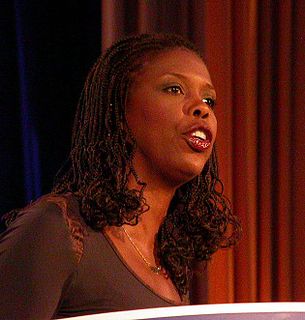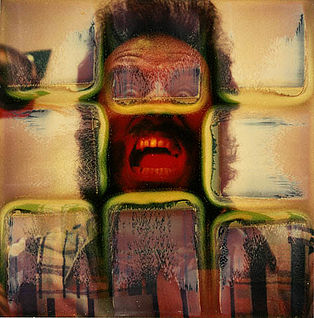A Quote by Kevin Brady
We will never be defined by tragedy but, instead, by how we respond to it.
Related Quotes
As long as we think abstractly, as long as we find in patriotism and the exuberance of War our fulfillment, we will never understand those who do battle against us, or how we are perceived by them, or finally those who do battle for us and how we should respond to it all. We will never discover who we are. We will fail to confront the capacity we all have for violence.
I caution you as I was never cautioned: You will never let go, you will never be satiated. You will be damaged and scarred, you will continue to hunger. Your body will age, you will continue to need. You will want the earth, then more of the earth-- Sublime, indifferent, it is present, it will not respond. It is encompassing, it will not minister. Meaning, it will feed you, it will ravish you. It will not keep you alive.
When caring for your neighbor becomes a compulsory obligation imposed by government instead of voluntary, charity turns to confiscation and freedom to achieve to involuntary servitude. To liberals, compassion seems to be defined by how many people are dependent on the government; to conservatives, it's defined by how many people no longer need help. One promotes dependence, the other freedom, responsibility and achievement.
I have always felt comedy and tragedy are roommates. If you look up comedy and tragedy, you will find a very old picture of two masks. One mask is tragedy. It looks like its crying. The other mask is comedy. It looks like its laughing. Nowadays, we would say, How tasteless and insensitive. A comedy mask is laughing at a tragedy mask.
I have always felt comedy and tragedy are roommates. If you look up comedy and tragedy, you will find a very old picture of two masks. One mask is tragedy. It looks like it's crying. The other mask is comedy. It looks like it's laughing. Nowadays, we would say, 'How tasteless and insensitive. A comedy mask is laughing at a tragedy mask.'
I'm looking back at what I did and how it works. In a sense I'm waiting to see how people will respond. I'm waiting to see how you respond, without asking me to tell you what I think about it, because it is your job to give me an idea of how you go about thinking about this work. And if it's too absurd then, you know, I'll kick you out!
There is a warning. The path of God-exalting joy will cost you your life. Jesus said, “Whoever loses his life for my sake and the gospel’s will save it.” In other words, it is better to lose your life than to waste it. If you live gladly to make others glad in God, your life will be hard, your risks will be high, and your joy will be full. This is not a book about how to avoid a wounded life, but how to avoid a wasted life. Some of you will die in the service of Christ. That will not be a tragedy. Treasuring life above Christ is a tragedy.

































